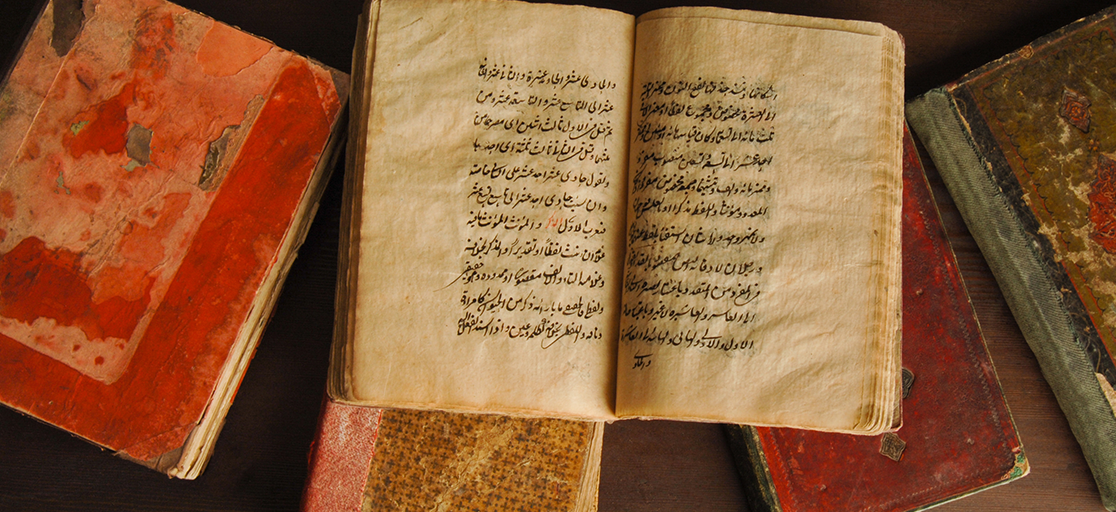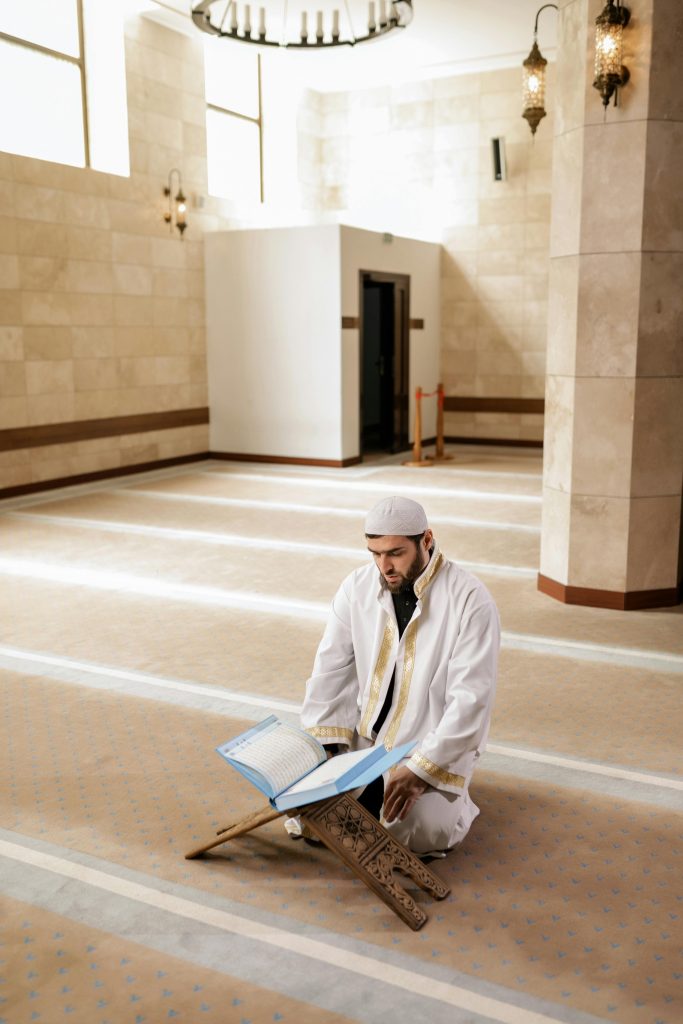We have always been fascinated by the Arabic language. Its rich history, complex grammar, and beautiful calligraphy have all contributed to a language that is not only widely spoken but also deeply respected. In this article, We will take you on a journey through the origins of Arabic language to its modern-day significance.
Introduction to Arabic Language
Arabic language is one of the most spoken languages in the world, with over 420 million speakers worldwide. It is the official language of 26 countries, including the Middle East, North Africa, and parts of Asia. Arabic is also one of the six official languages of the United Nations.
The Arabic language is known for its complex grammar and intricate calligraphy. There are over 12 dialects of Arabic, each with its own unique characteristics. The Arabic language is written from right to left and has 28 letters in the alphabet. In addition, we previously shared some fascinating facts about the Arabic language, which you can explore further by reading here.
The Origins of Arabic Language
The origins of Arabic language can be traced back to the Arabian Peninsula in the 4th century. Arabic was originally a Semitic language, which means it was part of a family of languages that includes Hebrew and Aramaic. The earliest form of Arabic was known as Old Arabic, and it was used by the tribes of the Arabian Peninsula for communication.
The Evolution of Arabic Language over Time
Over time, the Arabic language evolved and changed. One of the most significant changes occurred during the 7th and 8th centuries when Islam spread throughout the Arabian Peninsula. With the spread of Islam, the Arabic language became the language of the religion and was used to spread the teachings of Islam.
During the Islamic Golden Age, which occurred from the 8th to the 14th centuries, the Arabic language flourished. Arabic became the language of science, mathematics, and philosophy. Many of the great works of literature from this time were written in Arabic, including the famous One Thousand and One Nights.
For more in-depth information on the history of Muslims and science, we invite you to read further here.
The Importance of Arabic Language in History
The Arabic language has played an important role in history. During the Islamic Golden Age, Arabic was the language of scholarship and learning. Many of the great works of literature, science, and philosophy were written in Arabic during this time. The Arabic language also played a significant role in the spread of Islam throughout the world.
The Spread of Arabic Language
The Arabic language spread beyond the Arabian Peninsula during the Islamic conquests of the 7th and 8th centuries. Arabic became the language of the ruling class in many parts of the world, including North Africa, Spain, and parts of Asia. Arabic also spread through trade and commerce, as Arab traders traveled throughout the world.
The Significance of Arabic Language Today
Today, the Arabic language is still widely spoken and is the official language of 26 countries. It is also the language of the Quran, which is the holy book of Islam. Arabic is also an important language in the business world, as many countries in the Middle East and North Africa are rich in natural resources.
Arabic Language in Literature, Art, and Music
Arabic language has a rich tradition in literature, art, and music. Arabic calligraphy is considered one of the most beautiful forms of calligraphy in the world. Arabic literature has a long and rich history, with works ranging from poetry to novels. Arabic music is also an important part of the culture, with many famous musicians and composers from the Arab world. To delve deeper into the subject of the uniqueness of Arab poetry, we recommend reading more here.
Learning Arabic Language
Learning Arabic language can be challenging, but it is also rewarding. There are many resources available for those who want to learn Arabic, including books, courses, and online resources. It is important to find a method that works for you and to practice regularly.
Arabic Language Services and Resources
There are many Arabic language services and resources available for those who need help with translation, interpretation, or learning the language. These services include language schools, translation agencies, and online resources.
In conclusion, Arabic language has a rich and fascinating history. From its origins in the Arabian Peninsula to its modern-day significance, Arabic has played an important role in history, literature, and culture. It is a language that is widely spoken and deeply respected. For those who want to learn Arabic, there are many resources available, and it is a language that is well worth the effort to learn.
If you’re interested in learning more about this fascinating language, don’t hesitate to check our various Arabic courses at Araby Plus here today!








